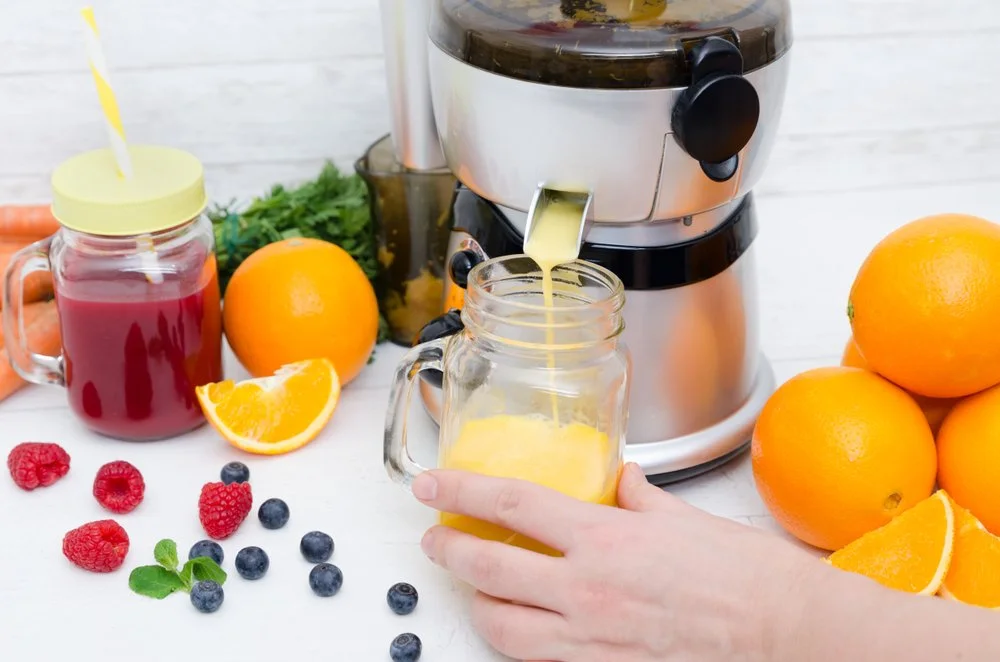Meal planning is a great tactic to keep yourself on a healthy diet. It’s much more than just cutting down on the time it takes for you to get ready in the morning. Here are some tips on why meal planning can change your daily routine, and give you lasting results as well.
Benefits of Meal Planning
Measurable Progress
When you are making your meal plans, you can determine how many calories you’re putting into each meal. Additionally, this provides data from meal to meal that will show you where you’ve made the most progress and what you can improve on. Having this reinforcement, both good and bad, inspires improvement. You can no longer just think about where you’re making progress and consider how you’ve gotten better. Instead, there’s cold hard results in front of you.
Save Money
Meal planning also allows trips to the grocery store to be far less expensive. Since you have predetermined lists of all the items you have to get, you’re in and out without any excess purchases. Even in just a week or two, you’ll be amazed at the difference this little change makes. Even if it doesn’t feel significant within a week or two, you’ll notice it in the long term.
Healthier Diets
In a way, meal planning almost is a form of dieting. It forces you to hit the main food groups and give yourself quality, healthy meals daily. This cuts out fast food for the most part, and even if it just changes your trip from 4 to 2, that’s huge progress made instantly.
How to Meal Plan Effectively
Vegetables
First, you’ll need a veggie. Find vegetables that you genuinely enjoy, and slowly branch from there to create variety with your meal planning.
Starch
Starches are just as vital as veggies to create a complete meal. Meal plans that have too much of any one thing are not going to be as healthy for you. Balance your meals with low-to-medium calorie starch.
Protein
Protein is the driving force for creating energy in your meal plan. Without a strong protein, everything else will feel less effective. Grilled chicken is a good starting point for a lower calorie, energy-boosting protein to implement into your meal planning.
Overall, making a meal plan for yourself weekly is a great step-by-step process to get healthy solutions for yourself. Additionally, juicing and other healthy food options you can find at our shop. Build a strong meal plan with some of our foods today!




